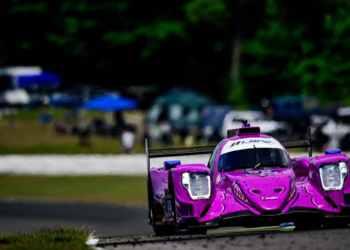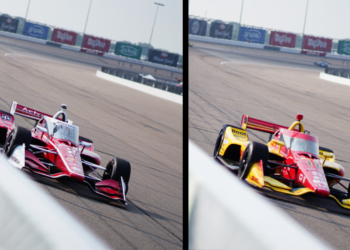Ferrari has now put its support behind a proposed engine freeze in Formula 1 from 2022 but says it wants the introduction of new power unit regulations to be accelerated.
A cap on engine development had been proposed in recent weeks amid Honda’s decision to leave Formula 1 at the end of the 2021 campaign.
Red Bull, along with sister team AlphaTauri, has outlined acquiring Honda’s Intellectual Property in order to continue running the power units into the 2022 season.
But the company has repeatedly emphasised that it could not countenance matching the other manufacturers in terms of spending on engine development.
Mercedes has backed Red Bull’s stance on a freeze from the outset but fellow manufacturers Ferrari and Renault have both previously bristled at the notion.
However Ferrari has softened its stance while outlining its desire for the new engine regulations, currently scheduled for 2026, to be brought forward to 2025.
“We understand as well their intention to keep using their Honda engines for the future, we had meetings in the last days with Formula 1 and FIA,” said Binotto.
“I think as Ferrari we understand the situation, we are somehow supportive in trying to anticipate by one season, one year, a freezing of the engines, that means as well trying to anticipate to 2025 the new regulations for the power unit.
“So knowing the situation, understanding the situation, it’s not the first time Ferrari is acting in a responsible way in that respect. We will support freezing.”
Binotto emphasised that Formula 1 needs to outline the next engine regulations by mid-2022 while also making it more cost-effective for manufacturers.
“At first I think to have a brand new format of power unit in 2025 we will need by the middle of next year to have clarity on the regulations,” he said.
“I think it will be quite a different power unit to today because I think there are at least from the Ferrari point of view, important objectives that need to be set.
“It has to be more sustainable in terms of the cost point of view, I think the power unit it should cost 50% less of what we are affording today.
“From sustainability, a carbon footprint point of view we need to set our objective which has to be very ambitious.
“I think we need to be very at first proactive but also collaborative between manufacturers, F1, and FIA, to progress very soon on the regulations as it will define the F1 from 2025 eventually to 2030.”









